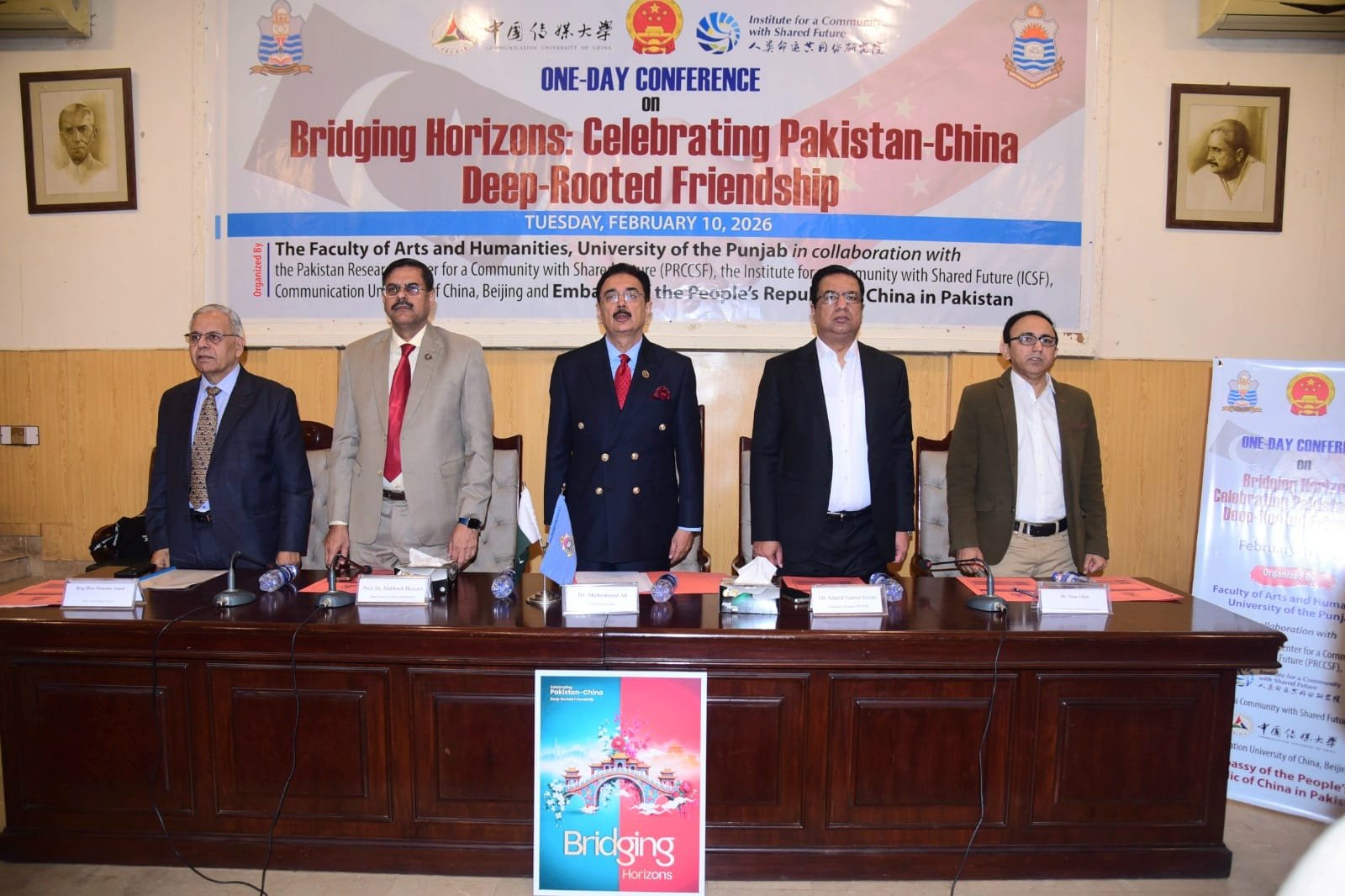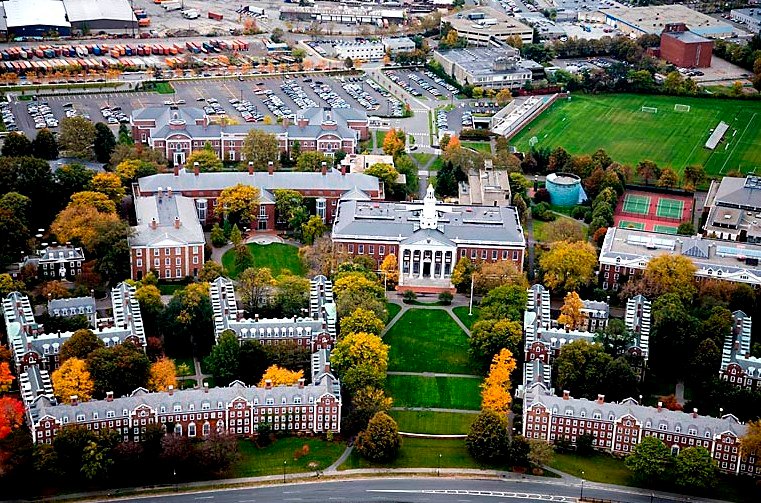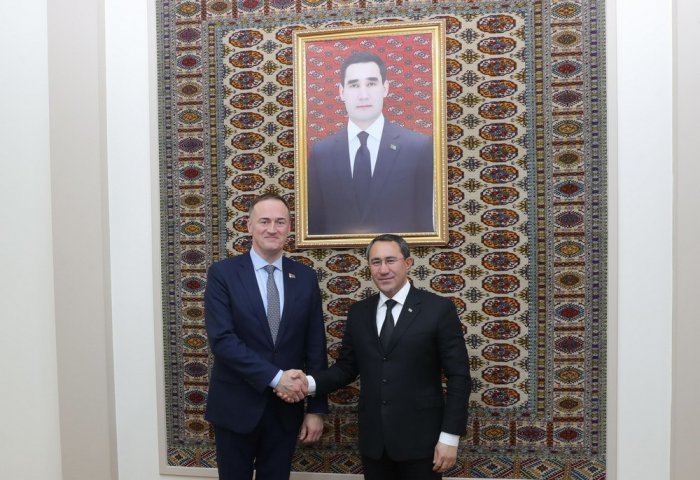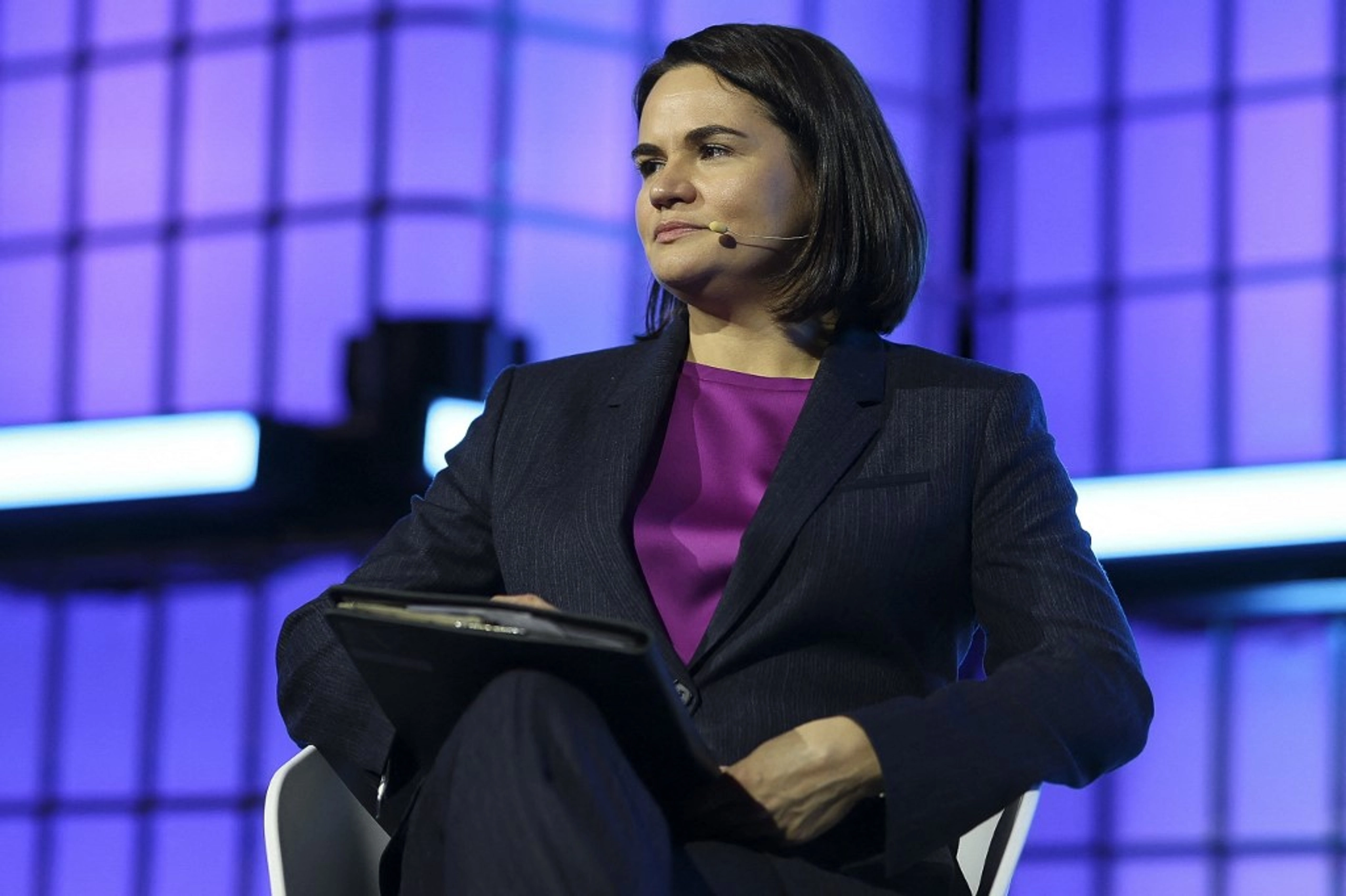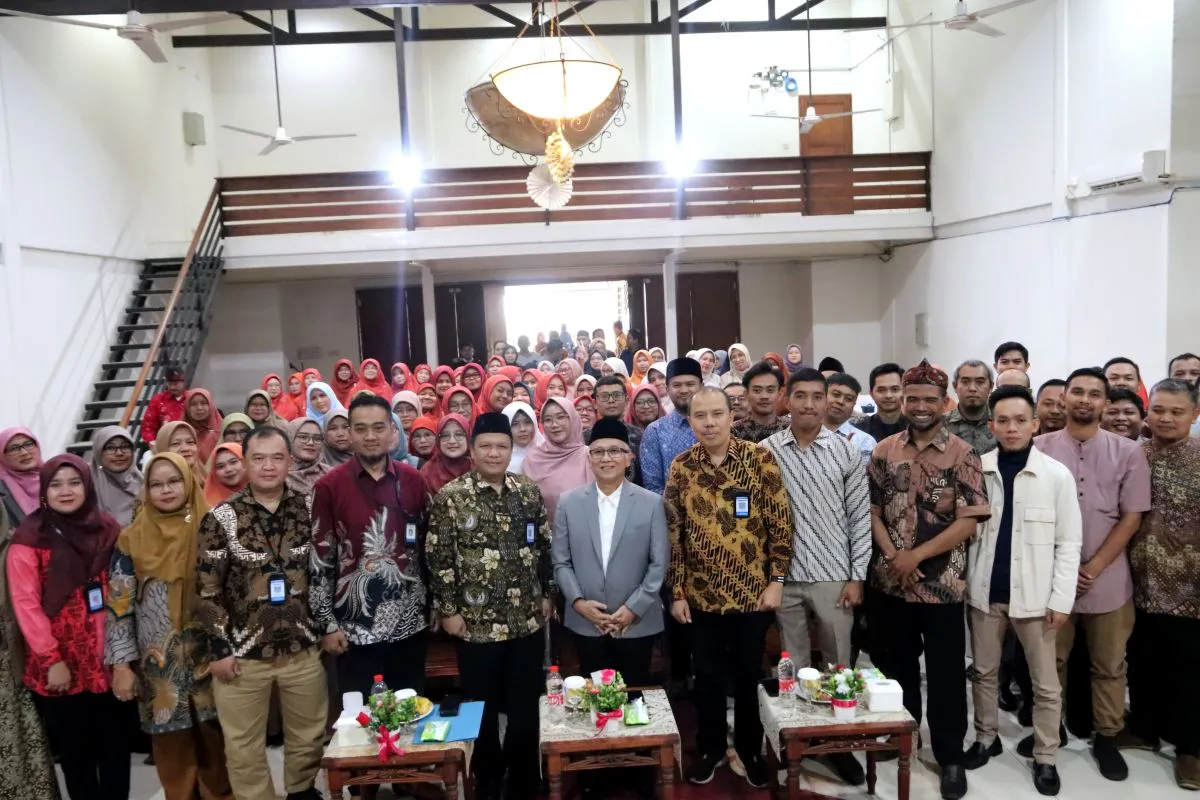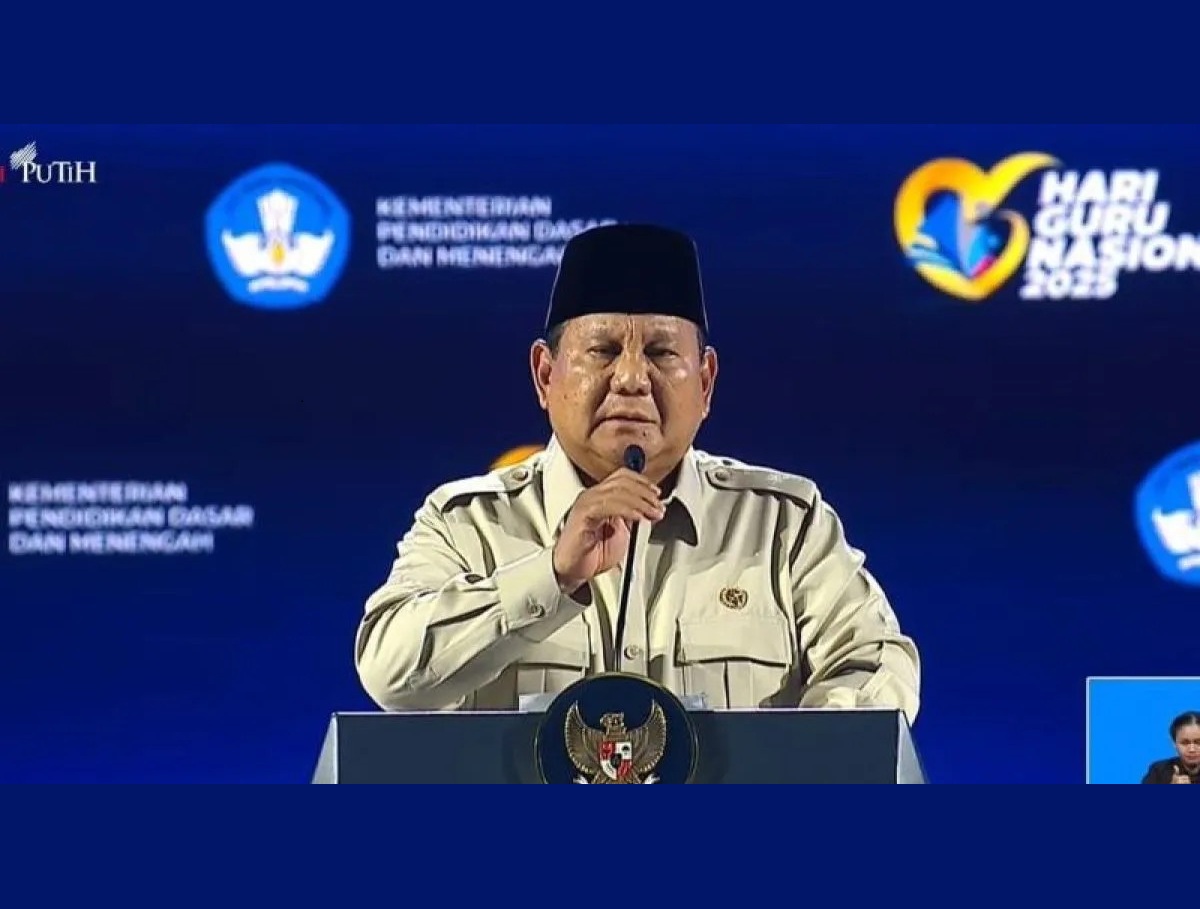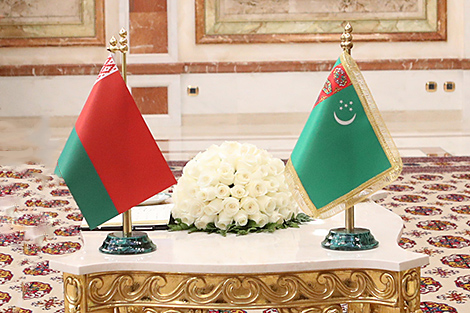Minsk, September 28, 2024 – The Europe Today: Belarusian President Aleksandr Lukashenko visited the Belarusian State University of Informatics and Radioelectronics (BSUIR) on September 27, where he was presented with the university’s latest scientific developments alongside those from other technical universities. The visit underscored the institution’s contributions to various fields, including standardization, defense capabilities, aviation, transportation, road safety, medical and agricultural technologies, and communications.
During the visit, President Lukashenko inquired about the university’s capabilities in developing advanced military technology, specifically a highly accurate and jam-proof missile. Vadim Bogush, the rector of BSUIR and Chairman of the National Council of Rectors of Higher Education Institutes, confirmed that efforts are underway to address this challenge.
The agenda also encompassed social issues, such as the availability of dormitory accommodations and enhancements to sports facilities. Bogush briefed the president on the university’s current status and future prospects, emphasizing BSUIR’s commitment to training specialists and conducting research in microelectronics, radio electronics, and information technologies.
“This year, we have successfully met our targets for the admission campaign,” Bogush noted, highlighting the introduction of three new majors: electronic engineering, cyber-physical systems, and digital marketing, all developed in collaboration with domestic producers and relevant enterprises.
Currently, BSUIR hosts approximately 9,000 full-time students and offers distance education programs and shortened courses for college graduates. Bogush stressed the importance of practical training, stating that about 20% of the faculty consists of industry experts. He also mentioned the integration of ideological and educational components into the curriculum, which focuses on labor and sports education, volunteerism, and close collaboration with local authorities and national government bodies.
Furthermore, the rector underscored the university’s aim to boost its extra-budgetary activities, particularly in exporting educational services. “We are actively collaborating with CIS countries, as well as regions in Africa and China, and we plan to increase exports by 5% by the end of September,” he added.

